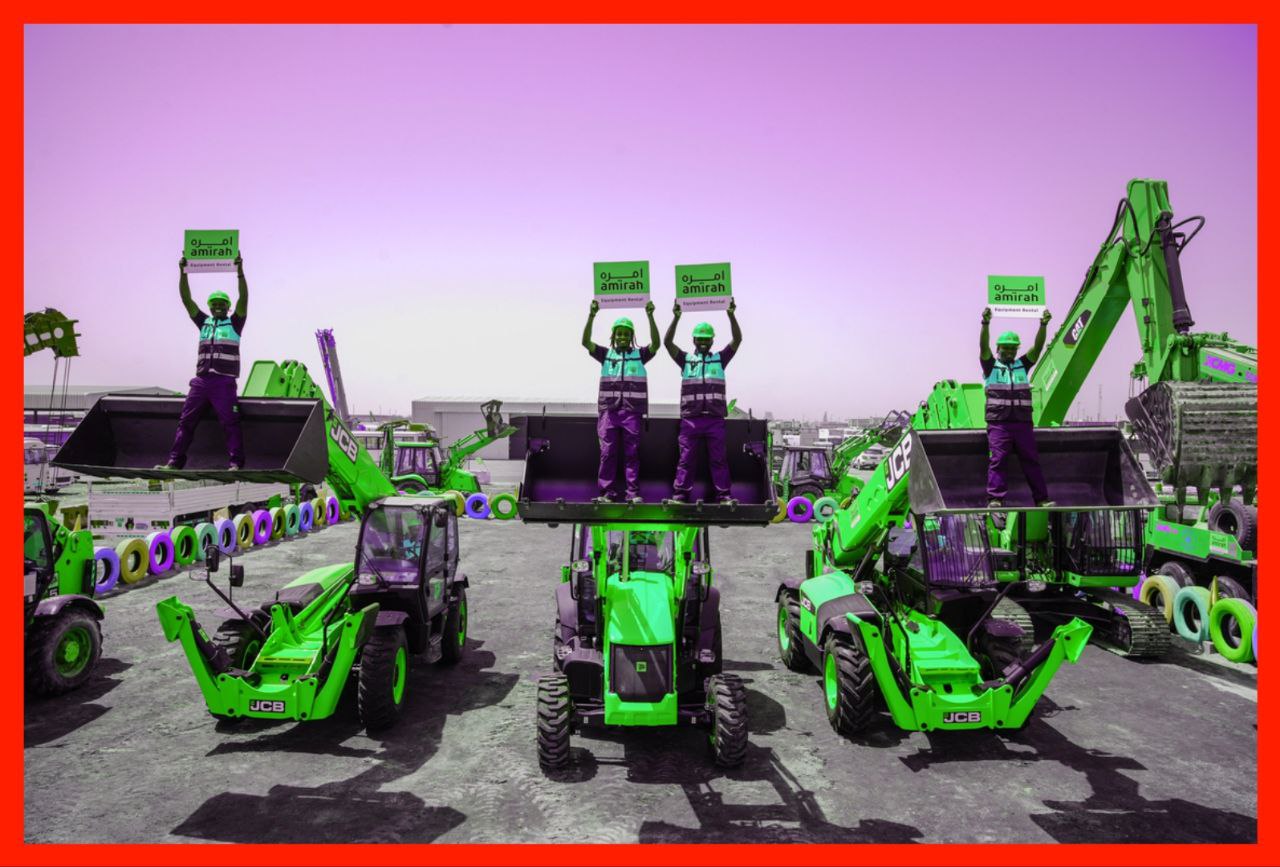Diesel Heavy Truck Technician The Heartbeat of Modern Transport
Diesel Heavy Truck Technician The Unsung Heroes Behind the Wheel

Diesel Heavy Truck Technician The Unsung Heroes Behind the Wheel
Who Are Diesel Heavy Truck Technicians?
When you think of the backbone of transportation, what comes to mind? If you guessed the tires, the engines, or the roads themselves, you’re not wrong. But there’s one key player that often gets overlooked in the fast-paced world of freight movement—the diesel heavy truck technician.

These skilled professionals are the lifeblood of the transportation industry. From engine diagnostics to air brake repairs, diesel technicians ensure that big rigs and heavy trucks stay in peak operating condition, keeping goods moving across the country. Without them, the roads would be a lot emptier, and your packages a lot less timely.
The Importance of Diesel Heavy Truck Technicians in Today’s Economy
The role of a diesel heavy truck technician is crucial in maintaining efficiency across multiple industries. Think about it:
- Transportation of Goods: Without proper maintenance, long-haul trucks could experience costly breakdowns, leading to shipping delays.
- Job Security: With the rise of e-commerce, the demand for truckers is higher than ever. This means more opportunities for technicians to shine in an ever-growing industry.
- Environmental Impact: Diesel truck technicians are also essential in making sure that trucks are running efficiently, minimizing emissions, and ensuring compliance with ever-tightening environmental regulations.
“Without skilled technicians keeping trucks on the road, we’d see a ripple effect that touches every aspect of the economy,” says James Hutton, a senior mechanic and mentor in the field.
Skills Required A Deep Dive Into Diesel Heavy Truck Technician Expertise
Being a diesel heavy truck technician isn’t just about having a knack for tools—it’s about a diverse set of skills. Here are some core competencies:
1. Engine Diagnostics
- Understanding complex systems: Diesel engines are intricate machines that require keen problem-solving abilities. Technicians need to diagnose issues quickly to prevent major failures.
2. Brake Systems and Suspension
- Air brakes and hydraulic systems need regular checks. Understanding the pressure system and suspension mechanics is essential for maintaining the safety of heavy trucks.
3. Electrical Systems and Software
- Modern trucks are equipped with advanced computer systems and sensors. Technicians must be familiar with onboard diagnostics (OBD) and other electronic systems.
4. Fuel Systems
- Ensuring the fuel system is running efficiently reduces fuel consumption, extending the truck’s life and improving performance.
5. Preventative Maintenance
- Routine inspections and maintenance to catch problems before they become expensive issues. It’s about keeping the truck on the road longer.
“It’s not just about fixing problems; it’s about preventing them before they start,” shares Elliot Ramsay, a seasoned diesel technician with over 20 years of experience.
The Day-to-Day of a Diesel Heavy Truck Technician
A day in the life of a diesel technician is never the same. Here’s a look at a typical workday:
- Morning Briefing: Technicians meet with the operations team to discuss any pressing issues from the previous day. A critical repair might be on the agenda.
- Inspection and Diagnostics: They conduct a thorough inspection of the truck, checking everything from the engine to the transmission.
- Repairs and Upgrades: Based on diagnostics, technicians carry out necessary repairs, whether it’s a small issue like a faulty alternator or something as serious as an engine overhaul.
- Client Communication: They often communicate directly with fleet managers or truck owners to discuss the issues and the solutions, explaining why certain repairs are necessary.
- Documentation: Finally, everything is carefully documented. Maintenance logs are vital for regulatory compliance and future reference.
Career Outlook: The Growing Demand for Diesel Technicians
With the surge in online shopping, freight transport is booming. This creates a high demand for diesel technicians, as more trucks are on the road and need regular maintenance. According to industry reports:
- Job Growth: Employment for diesel mechanics is expected to grow by 8% from 2020 to 2030, faster than the average for other occupations.
- Income Potential: On average, diesel mechanics earn between $45,000 to $70,000 per year, with experienced technicians making more.
- Job Satisfaction: Many technicians enjoy the satisfaction of solving complex problems, as well as the hands-on nature of the work.
“The future is bright for anyone looking to get into this trade,” says Tara Jameson, a vocational instructor at a leading diesel mechanic school.
What Does It Take to Become a Diesel Technician?
If you’re interested in pursuing a career as a diesel heavy truck technician, here’s a brief roadmap:
- Education and Training:
- While some entry-level positions may require only a high school diploma, most technicians attend trade schools or community colleges for specialized programs in diesel technology.
- Many programs offer hands-on training, with courses covering everything from basic mechanics to advanced diagnostics.
- Apprenticeship:
- Many employers offer apprenticeship programs where you can work under experienced technicians to gain valuable experience.
- Certifications:
- Certifications, such as those offered by the National Institute for Automotive Service Excellence (ASE), can significantly enhance job prospects and earning potential.
How You Can Support Diesel Technicians
As someone who relies on the transportation industry, you can appreciate the value of skilled technicians. Here’s how you can help:
- Spread Awareness: The more people know about the importance of diesel technicians, the more likely they are to appreciate the work that goes into keeping the wheels of industry moving.
- Support Local Training Programs: Encourage young people to pursue careers in this vital industry by supporting local vocational schools and apprenticeships.
- Stay Informed: Whether you’re a truck owner or fleet manager, knowing what to look for in a technician ensures you’re partnering with skilled professionals.
The Backbone of Transportation
Diesel heavy truck technicians might not be in the limelight, but without them, the entire transportation system would grind to a halt. Their expertise, dedication, and problem-solving abilities keep trucks—and by extension, the economy—running smoothly. So, next time you see a big rig on the road, remember that behind every successful journey is a technician working tirelessly in the background.




